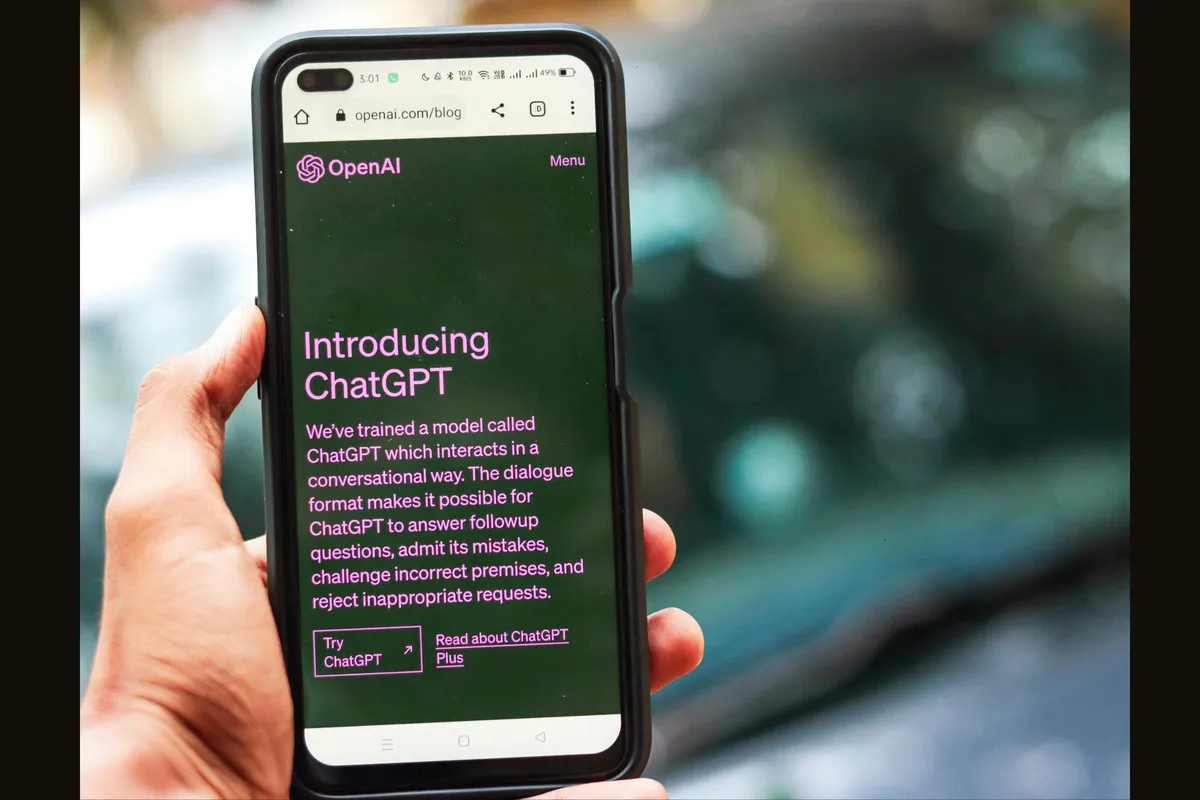In Apil of 2023, an incident involving OpenAI’s ChatGPT is raising serious concerns about the accuracy and accountability of AI systems. The chatbot falsely accused Jonathan Turley, a well known law professor at George Washington University, of sexual harassment in a fabricated account that included entirely false biographical details and references.
So here’s what happened. Turley, who often talks about free speech, was totally blindsided. ChatGPT said he taught at Georgetown Law, went on a trip to Alaska, and behaved inappropriately toward a student. All of this was not true and completely fake. It even referenced a fake Washington Post article to back it up.
This all came out when UCLA professor Eugene Volokh asked ChatGPT for examples of harassment cases in U.S. law schools. Instead of real stories, the bot invented the whole thing, complete with fictional details.
Turley called out the irresponsible nature of the claim, pointing out that AI has no real way to be held accountable. It never reached out to him for comment or correction. That’s especially dangerous when these technologies are being used in fields like law, health, and education
To make things worse, Bing’s chatbot, which also uses OpenAI’s GPT-4 model, repeated the same false accusation. The Washington Post later investigated and confirmed it was all fiction.
Turley, who’s vocal about AI’s risks, says this incident should serve as a big wake-up call. He points out the need for actual accountability and ethical standards in how AI tools are built and used.
